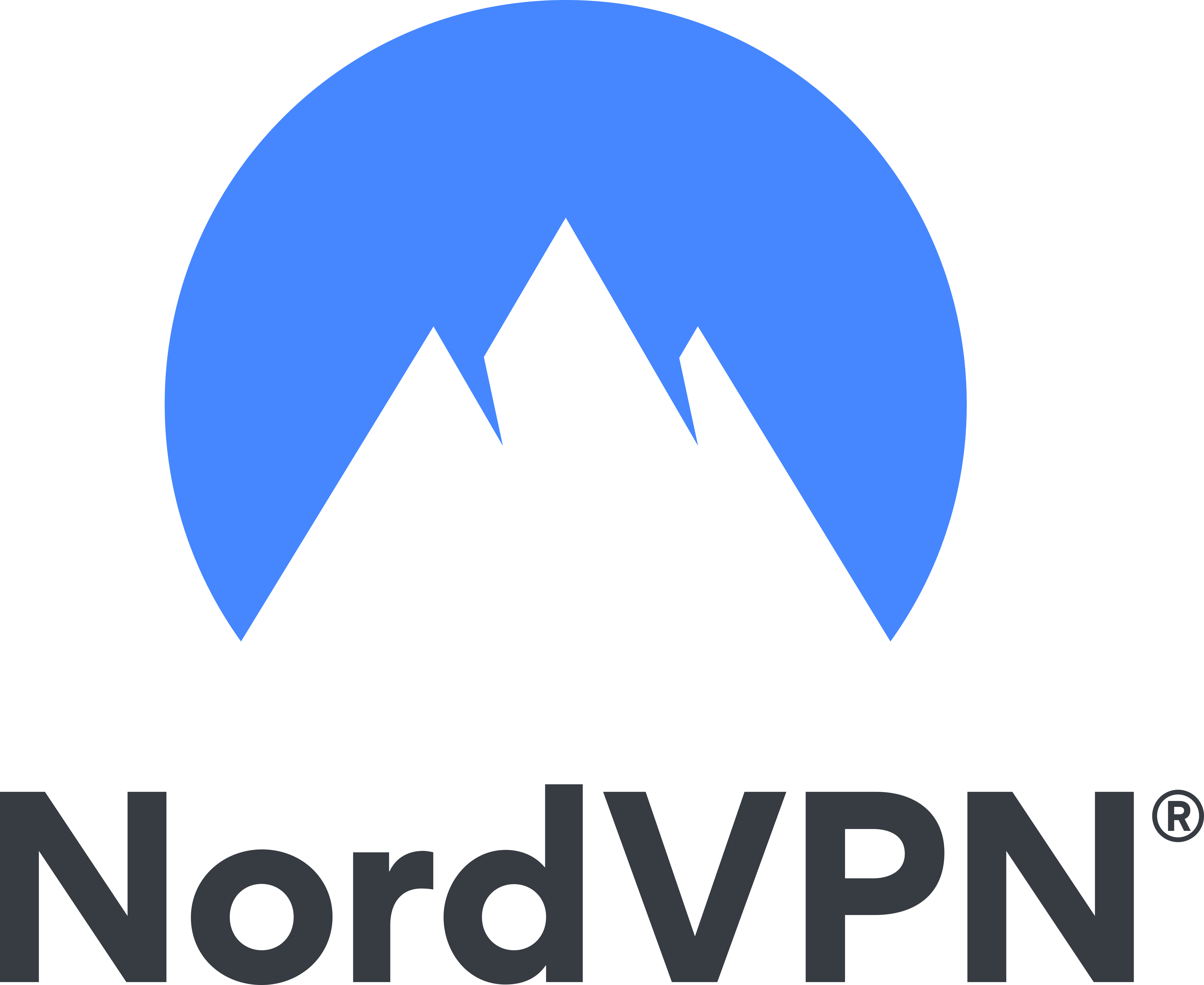VPN for Disaster Recovery in 2024: A Comprehensive Guide to Secure & Reliable Solutions
November 28, 2024Disclaimer: This article contains affiliate links. If you choose to make a purchase through these links, I may receive a commission at no additional cost to you.
VPN for Disaster Recovery in 2024: A Comprehensive Guide to Secure & Reliable Solutions
Businesses are increasingly reliant on digital infrastructure. A crucial aspect of ensuring business continuity is disaster recovery planning. In this guide, I'll delve into how a Virtual Private Network (VPN) can be a vital component of your disaster recovery strategy in 2024.
Introduction
Disaster recovery (DR) is a critical aspect of business continuity. It involves having plans and procedures in place to quickly resume operations after a disruptive event, such as a natural disaster, cyberattack, or hardware failure. A VPN, or Virtual Private Network, can play a significant role in safeguarding your data and facilitating the recovery process.
Why VPN Security Matters for Vpnanddisaster Recovery
VPNs create a secure, encrypted connection between your devices and the internet. This encryption is paramount for disaster recovery, protecting sensitive data during transfers and ensuring that access points remain secure even when operating from offsite locations. As I've seen in my experience in IT consulting, the ability to connect remotely via VPN is a critical component of a rapid disaster recovery. This allows employees to access critical applications and data, enabling operations to continue without delays.
Without a VPN, your remote access to your network and data during a disaster recovery scenario could be exposed to cybersecurity threats, putting sensitive information at risk. Remote employees needing to connect to the company network during disaster recovery will be more vulnerable if they use unsecured public Wi-Fi. A VPN mitigates this risk significantly.
Top 3 VPNs for Vpnanddisaster Recovery in 2024
Choosing the right VPN for your disaster recovery needs is crucial. Here are some top contenders, keeping in mind that different VPN providers may have strengths and weaknesses tailored to varying disaster recovery environments:
- Editor's Choice: NordVPN – NordVPN boasts robust encryption protocols, a large server network, and exceptional security features. It's often considered a powerful and reliable option for disaster recovery, ensuring secure remote access for critical applications. It's one VPN that I've personally found effective in various disaster recovery scenarios.
- ExpressVPN – This VPN is known for its rapid speeds, useful for enabling the uninterrupted use of critical applications during a recovery process. Its reliability is another impressive aspect of ExpressVPN.
- CyberGhost VPN – This option provides a wide range of features and a user-friendly interface, which could simplify the implementation of a VPN into your already-stressful recovery plan.
Key Features to Look for in a VPN for Vpnanddisaster Recovery
Top VPN Recommendation
When selecting a VPN for disaster recovery, prioritize these key features:
- High-Speed Connections: Fast VPN connections ensure minimal latency during critical data transfers. This is especially crucial when users in different locations need to access the same resources.
- High-Strength Encryption: Employing strong encryption protocols is fundamentally vital for protecting sensitive data transmitted during the recovery process. Look for 256-bit encryption or better.
- Large Server Network: A vast server network allows for connections from various locations, which is beneficial for remote employees during a disaster, enabling successful recovery from almost anywhere.
- Split Tunneling: This feature allows you to selectively route traffic through the VPN, potentially improving performance for some applications while ensuring others remain secure.
- Strong Security Features: Advanced security features such as kill switches, leak protections (DNS, IPv6, WebRTC), and robust protocols are vital for maintaining the integrity of the recovery process.
Best Practices for Maximizing VPN Security
Once you've selected a VPN, implementing these best practices will further enhance security during a disaster recovery situation:
- Comprehensive Disaster Recovery Plan: Integrate VPN usage into your existing disaster recovery plan. Your plan should detail how the VPN will be used, what resources will need access, and how connectivity will be maintained.
- Regular Testing: Conduct regular VPN tests and simulations to identify and address any potential vulnerabilities before a real disaster occurs. This is imperative for any Disaster Recovery, in my experience.
- Employee Training: Equip employees with the knowledge of how to use the VPN securely and effectively. This training should include how to log into and use the VPN during a disaster and what to look for in case of suspicious network activity.
- Strong Passwords: Implement strict password policies for VPN access to prevent unauthorized connections.
- Multi-Factor Authentication (MFA): Leverage MFA for VPN accounts to add an extra layer of security, further enhancing the recovery process.
Conclusion
A VPN plays a critical role in facilitating and safeguarding disaster recovery efforts. In 2024, robust VPN security is crucial to protect your business's data during such an event. By understanding the importance of a VPN in your disaster recovery procedures, identifying suitable VPN options, and implementing best practices, you will be setting a stronger foundation for your business continuity in the event of an emergency. I wholeheartedly believe that a well-selected and properly implemented VPN is an invaluable tool within a robust disaster recovery strategy.
Remember to carefully evaluate your specific business requirements and prioritize features that best fit your disaster recovery scenario. Choosing the right VPN solution will have a profound positive impact on your ability to maintain operations during an unexpected disruption.
Pro Tip: Always choose a VPN provider that offers a strict no-logs policy to ensure your online activities remain private.
Best Answer: Among the top VPNs, NordVPN stands out due to its extensive server network, robust security features, and excellent customer support.
